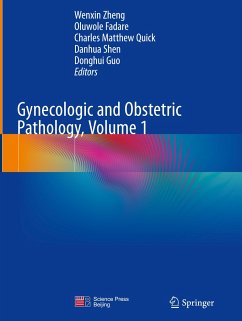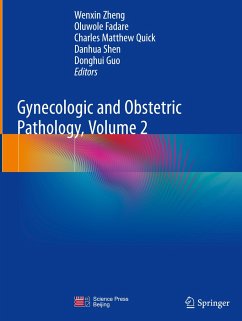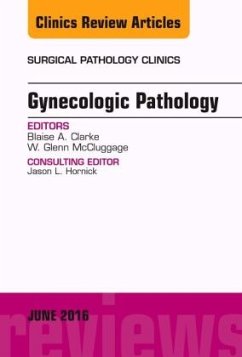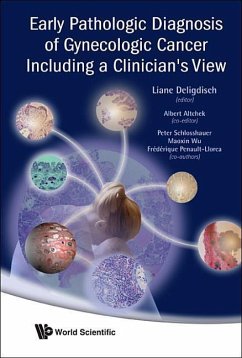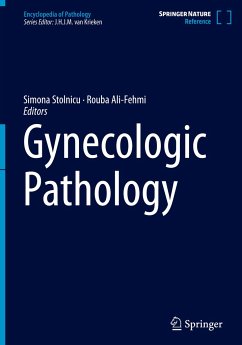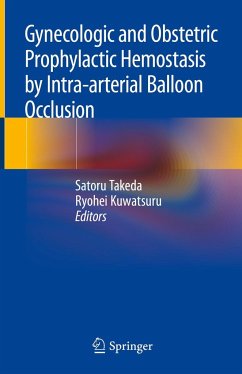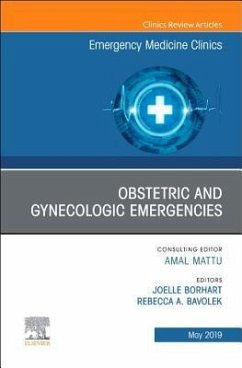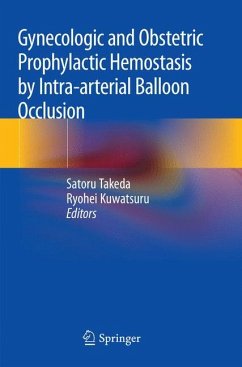Wenxin Zheng is a tenured Professor in the Departments of Pathology and Obstetrics and Gynecology at the University of Texas Southwestern Medical Center (UTSW), where he holds the Mark and Jane Gibson Distinguished Professorship in Cancer Research. An internationally recognized gynecologic pathologist and physician-scientist, he directs Gynecologic Pathology at UTSW. Dr. Zheng earned his medical degree from Shanghai Medical College, Fudan University, completed residencies in anatomic pathology and obstetrics/gynecology, and received advanced training through fellowships at Women & Infants Hospital of Rhode Island and Columbia University Presbyterian Hospital. Author of over 350 peer-reviewed publications and gynecologic pathology book chapters, Dr. Zheng’s research has advanced understanding of endometrial serous carcinogenesis, cell of origins of ovarian epithelial cancers and endometriosis, progestin resistance, and the hormonal etiology of ovarian cancers. He also developed the one-stop cervical care (OSCC) model, supporting global efforts to eradicate cervical cancer by 2030. A passionate educator, his mentorship has nurtured a generation of medical professionals who are now leaders in their own fields, particularly in gynecologic pathology. Oluwole Fadare, M.D., is the Chief of Anatomic Pathology for the University of California San Diego Health System and a Professor of Pathology at the University of California San Diego School of Medicine. Dr. Fadare completed his residency in Anatomic and Clinical Pathology at Yale-New Haven Hospital, and fellowship in Gynecologic and Breast Pathology at Yale School of Medicine (New Haven, CT, USA). His longstanding clinical and consultation practice is focused on gynecologic and breast cancers, and he has lectured around the world on these and related topics. He has published over 300 original articles, review articles, editorials, and commentaries, primarily on diseases of the female genital tract. He has also authored or edited five books on gynecologic and obstetric pathology. He contributed several chapters to the fifth edition of the World Health Organization Classification of Female Genital Tract Tumors, and has been part of consensus panels for practice guidelines published under the auspices of the International Society of Gynecologic Pathology, International Collaboration for Cancer Reporting, College of American Pathologists, and the American Society of Clinical Pathologists. Dr. Fadare has been the recipient of several professional awards, including the 2018 Arthur Purdy Stout Prize for significant career achievements. He is the Editor-in- Chief of Annals of Diagnostic Pathology, and serves on the editorial boards of several major pathology journals, including Modern Pathology, Human Pathology, American Journal of Clinical Pathology, International Journal of Gynecological Pathology, and Archives of Pathology and Laboratory Medicine, among others. Dr. Fadare’s research focuses primarily on the integration of morphological, phenotypic, and molecular aspects of gynecologic and breast neoplasms to optimize diagnostic, prognostic, and predictive patient care. Charles “Matt”hew Quick is a professor and clinical educator in the Department of Pathology at University of Arkansas for Medical Sciences (UAMS) in Little Rock, Arkansas. He completed fellowships in surgical pathology at UAMS and Women’s & Perinatal pathology at Harvard Medical School, Brigham & Women’s Hospital. Dr. Quick serves as the Vice Chair of Anatomic Pathology, Director of Gynecologic Pathology, and the Surgical Pathology Fellowship. He has published numerous research publications and review articles, and has authored and co-edited multiple textbooks, including High- Yield Pathology: Gynecologic and Obstetric Pathology, and the two-volume text book Gynecologic and Obstetric Pathology. Dr. Quick serves on the Education committee, is an Ambassador for the United States and Canadian Academy of Pathology (USCAP), and has taught numerous interactive microscopy courses for the USCAP at both annual meetings and the new teaching complex located in Palm Springs, California. He serves as a member of the editorial boards of the American Journal of Surgical Pathology and the International Journal of Gynecologic Pathology. Dr. Quick’s research interests include the study of endometrial precancers, vulvar squamous carcinogenesis, and the impact of epithelialmesenchymal transition on tumor behavior. He lives in Little Rock, Arkansas, with his wife Shelly and their three children Dexter, Bernice, and Alice, as well as their energetic family dog, Zelda.





